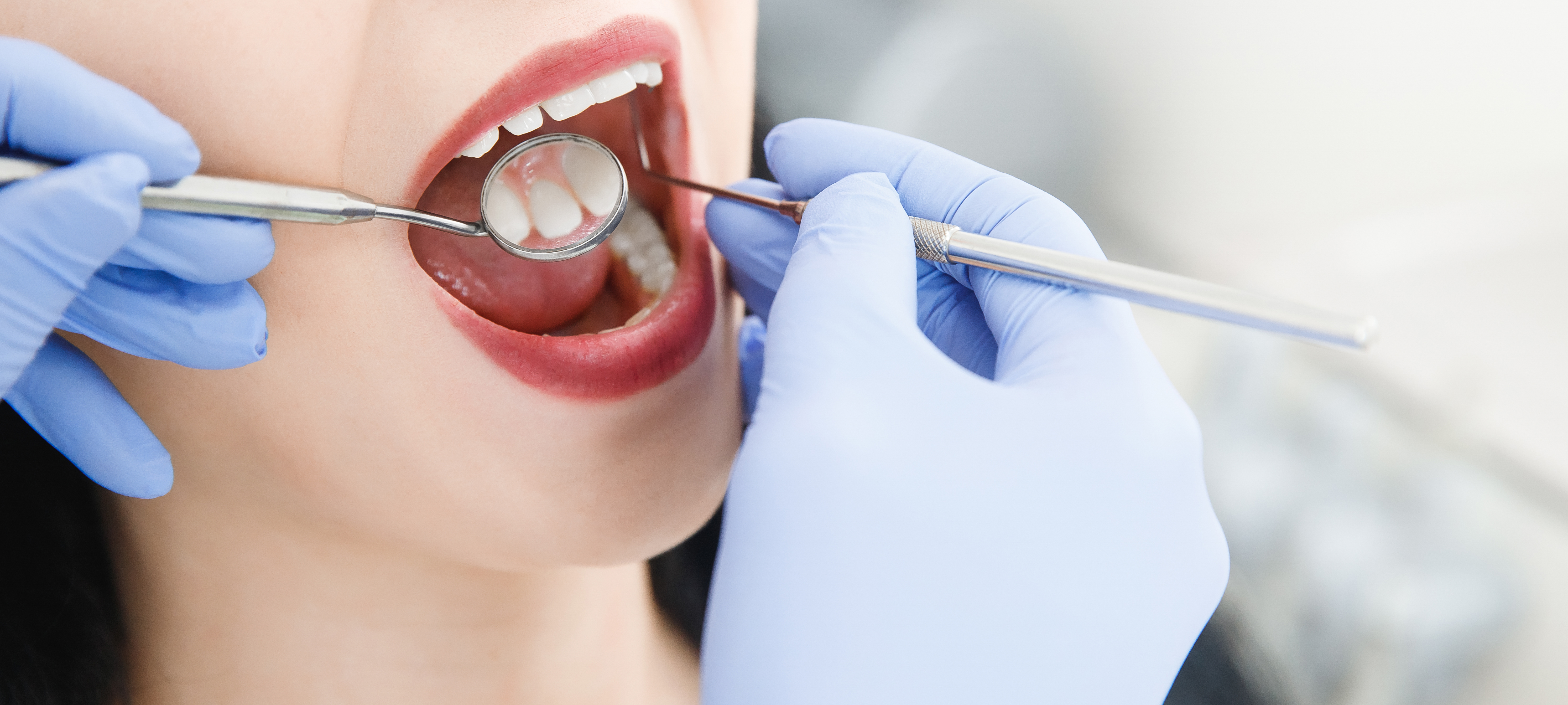Preventive Services
 At The Dental Haus we know that the best type of dental service is keeping your teeth in their natural state as long as possible without having to provide any restorative work. It is best to prevent the problem from occurring in your tooth to begin with, and you are lucky that most dental problems are preventable with proper diet and oral hygiene.
At The Dental Haus we know that the best type of dental service is keeping your teeth in their natural state as long as possible without having to provide any restorative work. It is best to prevent the problem from occurring in your tooth to begin with, and you are lucky that most dental problems are preventable with proper diet and oral hygiene.
How to prevent cavities
Most people know that sugar is bad for teeth, but many do not know that other carbohydrates like chips, crackers, and bread are just as likely to cause cavities. Today, sports drinks, energy drinks, juice, and soda are also causing a very high cavity rate in our society. Keep in mind that for tooth decay, the frequency that these items are consumed matters more than the total amount. This is why sipping a drink all day is the worst for your teeth. We recommend that our patients eat carbohydrates or drink these items only during a mealtime and do not consume them for snacking. Plain water is the best drink throughout the day.
Brushing your teeth twice a day and flossing once a day is critical for removing the bacteria that cause cavities. Using fluoride toothpaste and drinking fluoridated water helps to make your teeth more resistant to the byproducts from the bacteria that cause the cavity.
Having healthy saliva helps to reduce the bacteria, wash away residual food, and remineralize the teeth throughout the day. Many adults suffer from dry mouth, especially when on multiple medications. Sipping water frequently through the day, using a saliva substitute like biotene or hydris, and brushing/flossing more than twice a day helps to reduce this risk factor.
Excess acid, either from your diet or from your own stomach, can erode your teeth and cause wear through your enamel. We see these signs of erosion at your regular dental exams and may have a conversation to determine what the source of the acid is from. One common source is soda or seltzer water, another source is consuming apple cider vinegar. Sometimes our recommendation is to schedule an appointment with your medical doctor to check for signs of heartburn (GERD) or sleep disturbances (sometimes these diseases are related). We recommend for all patients to wait at least 30 minutes after waking up or eating to brush their teeth. This allows saliva to buffer the acid and prevent the softened enamel from being brushed away.
How to prevent gum disease (periodontitis)
Over half of Americans have gingivitis, the reversible form of gum disease. Symptoms of gum disease include bad breath, bleeding gums, and swollen gums. When gingivitis goes untreated for long enough, the bone that holds each tooth in the jaws starts to recede and eventually the teeth become too loose to function (periodontitis).
There are many risk factors for gum disease. Calculus (or tarter) that builds up below the gumline is the main cause. Coming for regular dental cleanings (insert page link) can prevent this. Brushing twice per day and flossing with the proper C-shaped technique is very important to remove the plaque that eventually becomes calculus when it builds up. Many patients also benefit from adding a water flosser to their oral hygiene routine. Smoking (or any exposure to nicotine such as through vaping or chewing tobacco) inhibits the body’s ability to heal gum disease. Other systemic conditions like diabetes also make it harder for a patient to manage their gum disease.
How to prevent tooth injuries
We recommend that anyone playing contact sports uses a mouthguard during activity. Contact us to schedule an appointment to have one fabricated for you if your team does not provide one.
It is best to avoid using your teeth for anything other than chewing your food. We recommend that you do not open packages with your teeth, hold things like bobby pins or nails between your teeth, or chew extra hard things like ice. By coming regularly for dental exams (insert hyperlink), we check for signs of excess wear on your teeth. We sometimes recommend a night guard (or hard plastic mouthguard made by the dentist) when sleeping to prevent damage from grinding or clenching your teeth at night.
How to prevent oral cancer
Oral cancer is a debilitiating disease that is life threatening but also affects the patient’s quality of life severely even if the cancer treatment is successful at extending life. Catching the diagnosis early is very important and the best way to do that is by coming to our office for regular dental exams that include an oral cancer screening (insert hyperlink). Lifestyle choices have an impact on risk for oral cancer. We recommend that our patients try to quit use of any tobacco products and are happy to help anyone through their quit journey by prescribing cessation medications and providing counseling. Vaping products carry a similar risk for cancer due to extensive number of formulations on the market containing several known carcinogens. Other risk factors include frequent alcohol consumption, HPV infection, a history of a previous cancer, or frequent trauma to the tissues of the mouth (such as through constant chewing of the cheek).


